When NME meets Jarvis Cocker, Pulp are in the middle of back-to-back BBC specials and the final rehearsals for their UK arena tour. The flurry of activity is all to celebrate one thing – the Sheffield band’s grand return with ‘More’, their first album in 24 years. How does it feel to once again be caught up in ‘Pulpmania’?
“I think that’s overstating it a bit!” the frontman laughs. “It’s nice. When you make a record, it’s like you’ve expressed something personal. That feels good, but then it gets turned into a record and something that hopefully people like and it becomes part of their lives.”
Woven tightly into the emotional DNA of so many indie-lovers, let alone pop culture, Pulp’s music reigns eternal on the indie disco dancefloor to this day – still a soundtrack to those acrylic afternoons and the fumbles and tumbles of mis-shapes.
 Pulp, 2025. Credit: Tom Jackson
Pulp, 2025. Credit: Tom Jackson
When they split after 2001’s skyward seventh album ‘We Love Life’ (no drama, things just fizzled to a standstill), reunion tours in the subsequent decades proved a delight. But aside from the one-off single ‘After You’ in 2013, a full record from the former reluctant Britpop champs seemed like too much of an ask.
And then: more. A new song slipped into the set. “It was good to have something to work on while we were on tour in soundchecks, but then, when you actually play it to people who have never heard it before, you get a feeling of whether they like it or not. That changes your attitude. We all enjoyed doing it, and that introduced the idea of, ‘Well, if we can do one song, why don’t we try and do some more then?’”
More newbies were debuted on the road to the fervour of fans, adding to the momentum. Sadly, a further compulsion came after the death of beloved bassist Steve Mackey in 2023. “It was a big blow to lose him,” shares Cocker. “On an obvious level, him passing away makes you consider your own mortality and what you want to do with your life. That was a bit of a spur to create things because we were still in a position where we could do that.”
NME: When did you realise you were making Pulp’s comeback album?
Jarvis Cocker: “At the back of my mind, I thought that it could be good to do a record, but I didn’t want to scare everybody off by saying that because the last two Pulp albums took a very long time – mostly due to my prevarication. I didn’t want everybody to get stressed out thinking that they were going to lose two years of their lives to make a record. I decided to be grown up and write the words first and things like that, which sped the whole process up a bit.
“It was kind of like going back to the early days of being in the band when we didn’t have a record deal or anything like that. There was no reason to make this album in that there was nobody asking us to, but we just thought, ‘We’ve got some songs here that are good, so why don’t we record them?’
What was the chemistry like in the room, to be back in a creative space with these people after so long?
“As soon as we tried it, it was surprisingly easy. When you play music with other people, you build up a weird and intimate relationship, but you’re not really saying owt to each other. You become an organism with no one really in control of it. That’s a nice feeling. You produce something that you wouldn’t be capable of doing on your own.”
There’s a line in ‘Spike Island’ – “I was born to perform, it’s a calling”. You really seemed to be living that on the last tour..
“It took me a long time to come round to thinking that again. I famously didn’t enjoy it when we got popular in the late ‘90s because we seemed to lose control of what we were doing. It became a business situation. In the end, I haven’t really got that big a skillset! Shouting, pointing and jumping around on stage are it. Being on stage is something that gives me a lot of pleasure. There’s no barrier between you and the people who listen to you. It takes me somewhere I can’t access in everyday life.”
Do you feel that Pulp is a band you can grow into?
“Hopefully, yes. That’s the thing I’m pleased with on this record – you can tell it’s made by people, shall we say, of a certain age. It’s still about the same things we’ve always written songs about, but it’s just looking at them a bit differently from a different time of life.
“There are lots of downsides of getting older, but one of the good things is that you can learn who you are and can maybe stop worrying about that kind of stuff or trying to project an image of what you’d like to be.”
‘My Sex’ is a standout on ‘More’. What would you say that song tells us about your relationship to sexuality, as opposed to something you might have written 30 years ago?
“It was just me realising that a lot of my attitude towards sexuality has been formed by listening to women talk about it. As a heterosexual male trying to get into the relationship game, it was a weird feeling to be trying to learn how to be a man, but always with a woman’s idea about what you were doing in your mind. It was quite confusing, actually!”
So you’ve never felt ‘macho’?
“The ‘macho’ thing mystifies me, I suppose. People can probably realise that I’m not really a macho man and I don’t think that at this age I’ll ever really become one.”
Do you ever go to the gym?
“Yes, I do. I went this morning.”
Do you lift or just do cardio?
“More like pilates, to be honest.”
 Pulp, 2025. Credit: Tom Jackson
Pulp, 2025. Credit: Tom Jackson
What do you think it is about Pulp that seems to regenerate a young audience?
“It might be because I was obsessed with pop music from a really young age, and I tried to learn about the world from it. The time I started to write my own songs was around the same time I started trying to have my own relationships. I realised that a love affair was nothing like a love song. I felt like I’d been duped a bit by the way that love had been presented to me in pop songs.
“That gave me the blueprint for what I was going to try and do in Pulp as the lyric writer: to write words to love songs, but more to how I thought it was. It’s stayed the same. Maybe that’s why younger people listen to Pulp songs: because I was an adolescent when I came up with that concept. I still look for meaning in music. Some people say it’s just entertainment, but for me it’s always been more than that.”
It’s a bit of a Britpop renaissance summer with yourselves, Oasis, Supergrass, Suede and more doing the rounds. Why do you think there’s a hunger for that time?
“I’ve always hated that word. I would never willingly associate myself with it. It was an exciting time before they came with that definition of indie bands starting to make waves on the mainstream scene. It felt like a revolution could happen. If people are feeling like that again – that they can make their own thing and it can be taken notice of – then that would be great. If that kind of attitude is coming back, then I would be very excited about it, just not the ‘BP’ word – it’s a terrible word.”
Will we see you at any Oasis reunion shows?
“If I can get on the guestlist, I would love to see what they do!”
Now that we’ve had ‘More’, will there be more? Could we get another new Pulp album now you’re back in the saddle?
“Maybe. We tried to not have a concept for this record or think, ‘This is it, this is our last gas’. I used to think that a lot. I had this weird thing that when an album was mixed and finished where I’d think, ‘Oh, I can die now and it would be OK’. That’s a terrible way to think about your life, really. I didn’t feel that with this record. On the sleeve inside it says, ‘This is the best that we can do’. That’s all you can do at any point of your life. Hopefully not in another 24 years, but maybe in a couple of years, there will be something else to say.”
Pulp’s ‘More’ is out now via Rough Trade. They kick off a UK arena tour at Glasgow’s Hydro OVO on Saturday June 7. Visit here for tickets and more information.


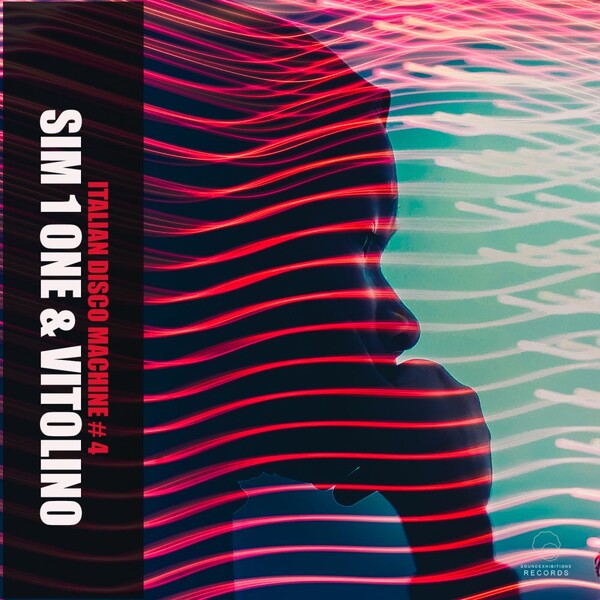
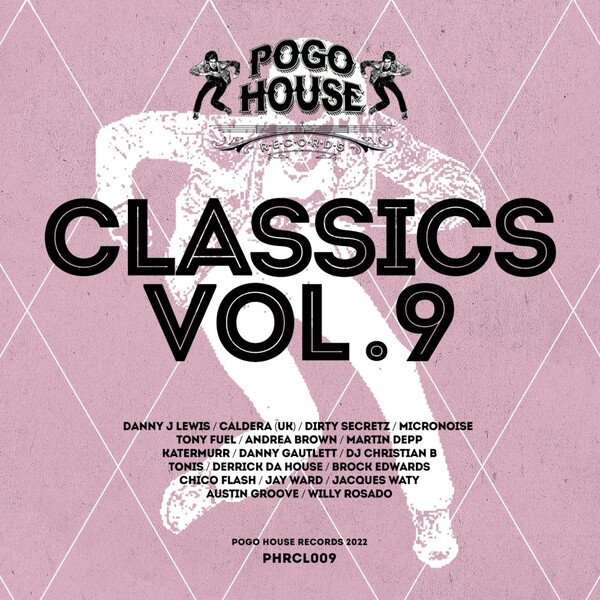
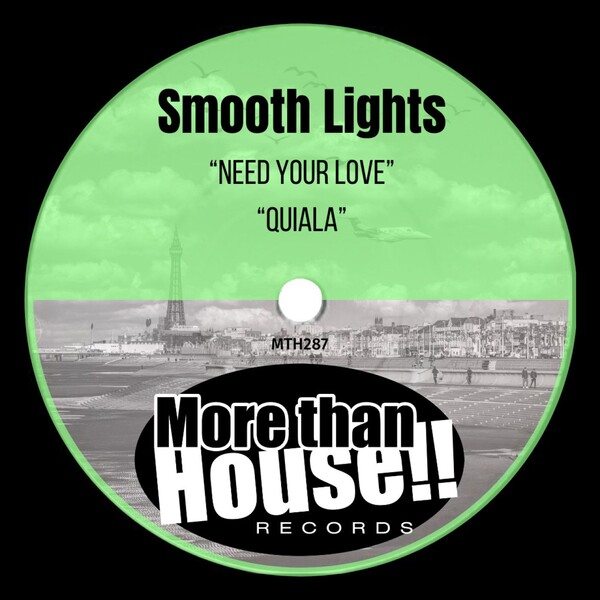
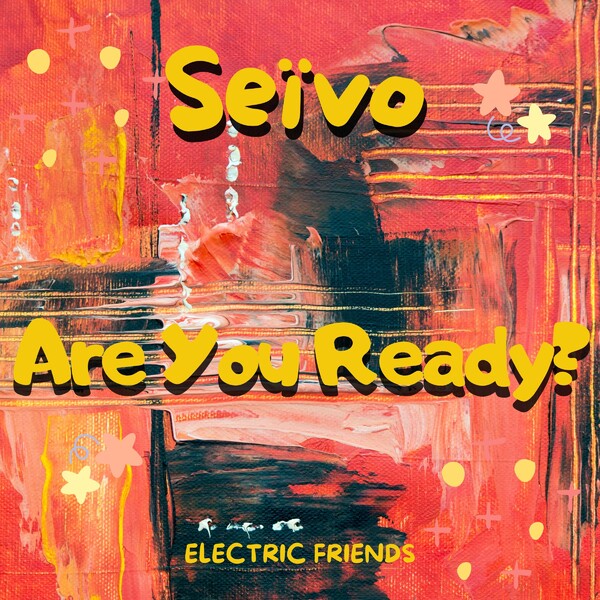
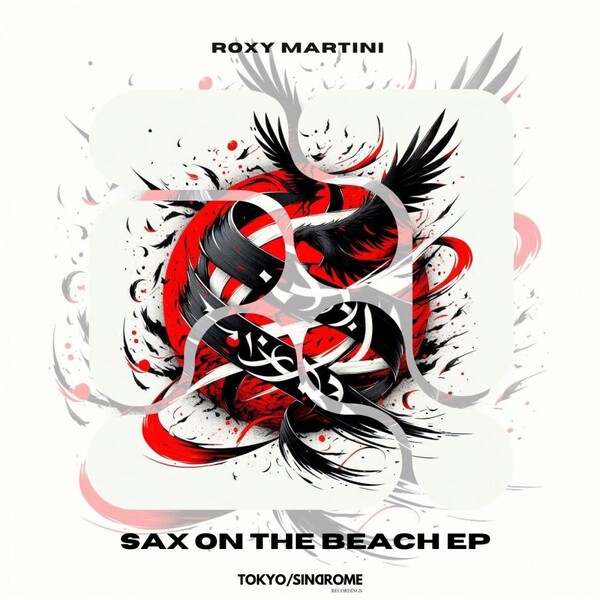






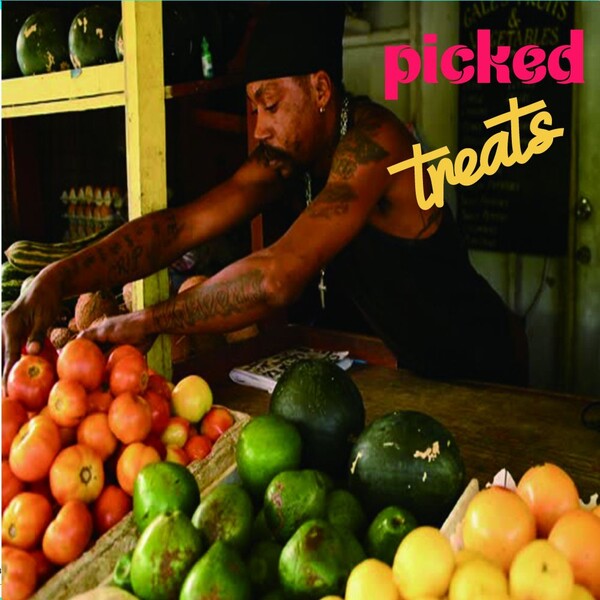


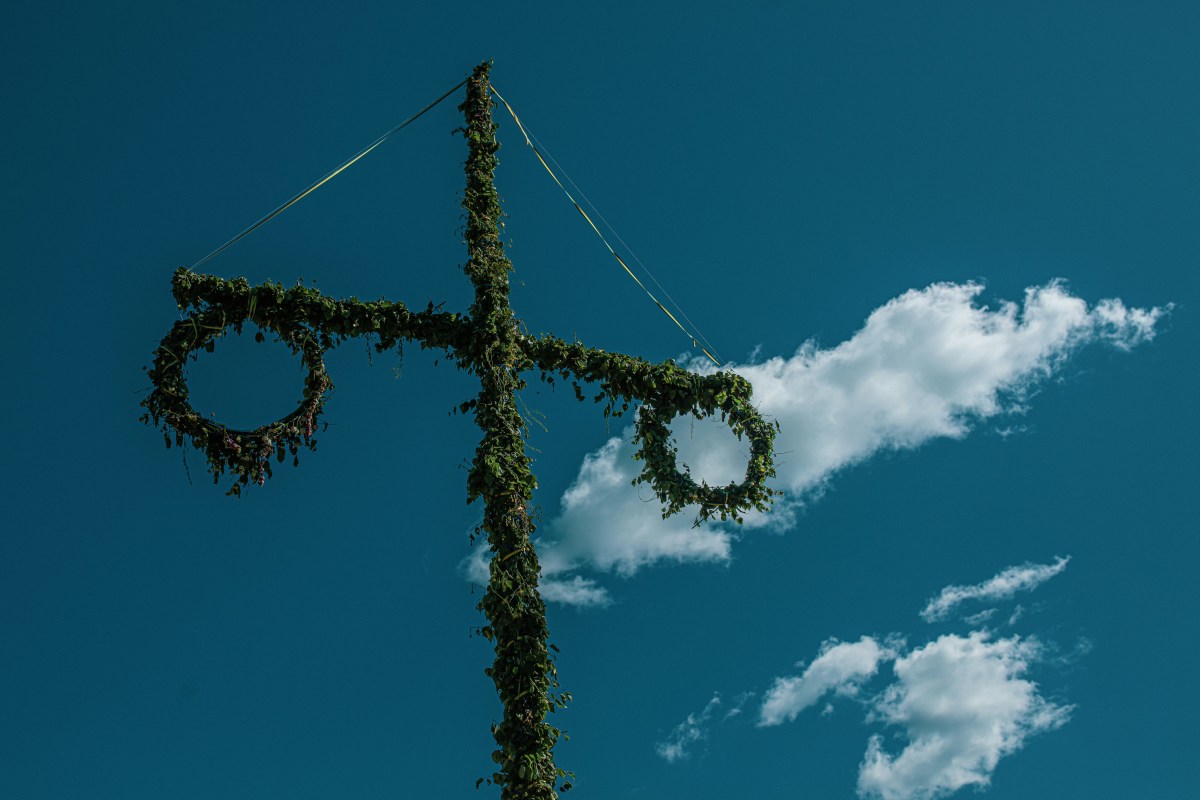


 English (US) ·
English (US) ·